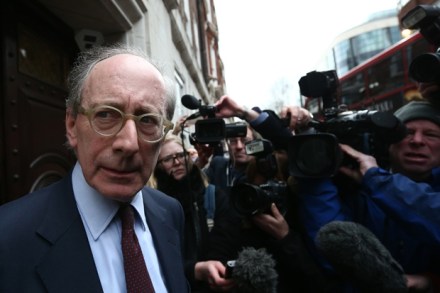Farage uses speech to clarify his position
Nigel Farage’s speech to the Ukip conference was fine. Not a bad speech, but not his best speech, either. It was just fine. Activists seemed happy, ecstatic, even when he came on, and were joyful chanting when he left the stage too. But Farage clearly wanted to answer a number of questions about his own position. The Ukip leader started by pointing out that there had been a number of questions about his whereabouts, and that some of his opponents had tried to spread some unpleasant rumours that he was unwell (there have been some rumours circulating in Westminster to that effect, though it’s unclear where they originated from). ‘Rumours




















